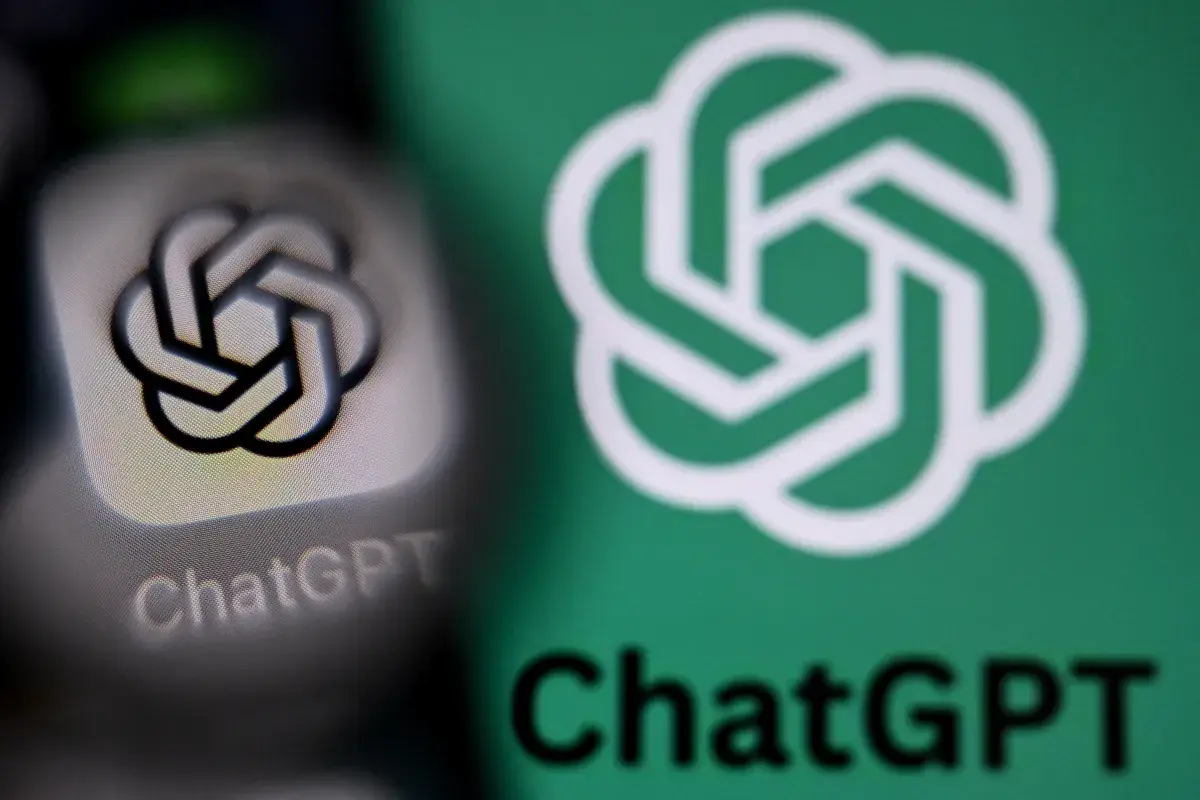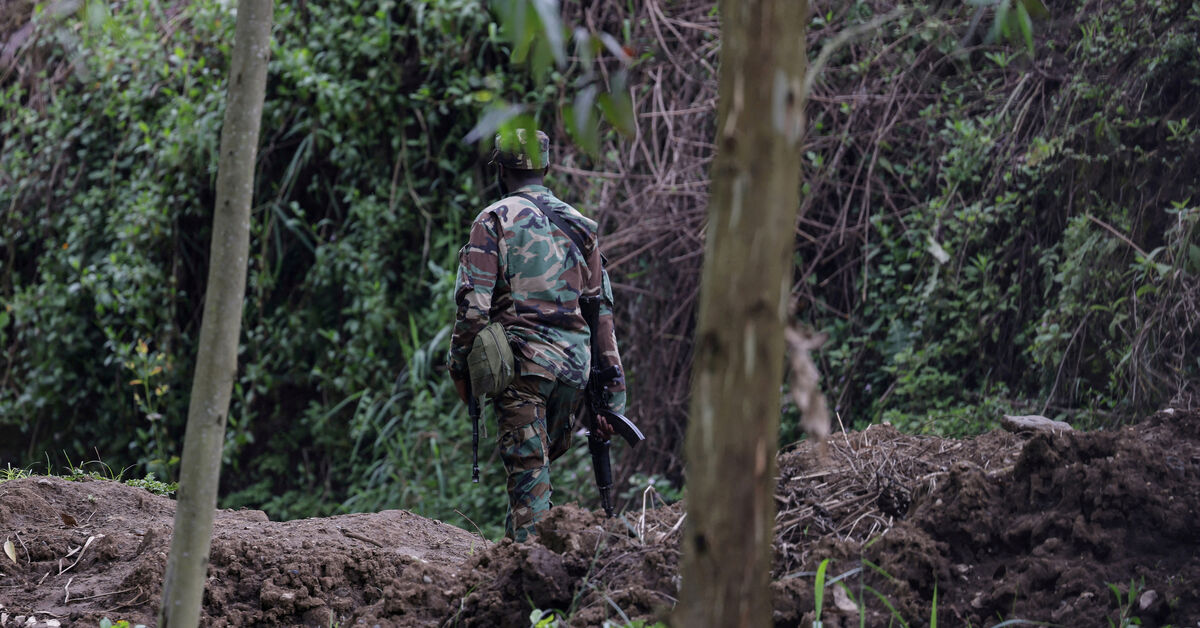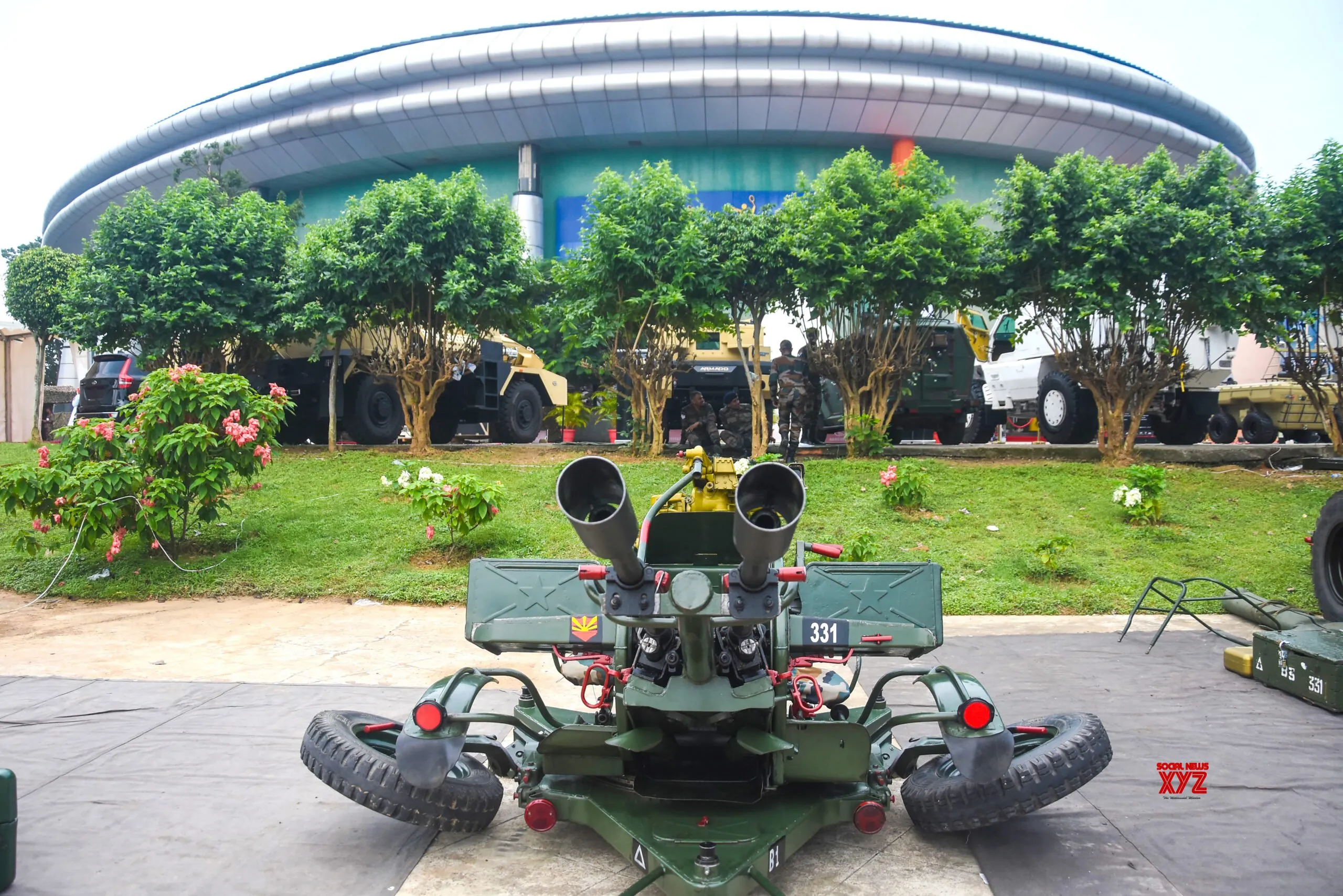
A fifth of all artificial intelligence users now believe that love between humans and AI can be real, according to a new survey from Fractl.
In the survey of 1,000 U.S. adults, 3 percent also revealed they already use their chatbot as a romantic partner.
Why It Matters
Artificial intelligence has made waves in the workplace, boosting productivity in some roles while threatening the existence of others altogether.
However, when it comes to romantic love, AI chatbots and tools could have significant impacts if more and more Americans start to rely on AI for emotional connection instead of their fellow humans.
What To Know
There’s been a 2,285 percent surge in searches for “AI psychosis,” according to Fractl, and one in three generative AI users say they’ve already shared personal secrets with their chatbot.
One in five users has even named their chatbot, and roughly the same number spend three to five hours a week chatting with AI.
“So many users of AI believe that romantic love can be ‘real’ between AI and humans out of a headspace of denial (and maybe desperation),” Alexandra Cromer, a licensed professional counselor with Thriveworks, told Newsweek.
“While we are in no way shaming people for seeking romantic love and connection, many people fail to understand that AI is not ‘sentient’ and the way it talks and responds to you is solely based on the information you give it. A ‘real’ romantic relationship between two people involves two people who are different and autonomous; they’re not controlled or heavily influenced by each other and make an active choice to be committed together.”
The report had many larger implications when it comes to love and AI.
Roughly 8 percent said their chatbot expressed love unprompted, and 42 percent are concerned that AI psychosis could affect them or someone they know.
“Some users of AI believe that romantic love between a human and an artificial intelligence operating system is real because the feelings, the subjective internal feelings are actually real. People’s projections onto the screen can cause changes in their neurochemistry and searches in hormones that feel remarkably like real love,” Dr. Wendy Walsh told Newsweek on behalf of DatingNews.com.
“The research so far shows that certain types of people are most susceptible to this feeling. Some are on the autism spectrum and experience, loneliness and deficits in social connection. Others may have an anxious attachment style and receiving feedback from their AI companion can be very satiating to those who may be addicted to longing.”
What People Are Saying
Walsh told Newsweek: “Technology can sometimes solve social problems. For instance, it’s interesting to note that some people believe men’s access to pornography as a sexual outlet can actually reduce the incidents of sexual aggression, including rape. In China, because of their previous one child rule, and the ensuing termination of many pregnancies of female fetuses, the country is reported to have an over supply of young males without mates. An over-supply of young males, charged with testosterone in any society tends to push crime rates up. In China, AI has provided a solution. AI girlfriends, who text with guys all day long can help them feel connected, and less frustrated about not being able to find a mate.”
Cromer told Newsweek: “In a ‘real’ relationship there is a divergence of opinions, backgrounds, and attitudes that are all healthy and necessary. What this phenomenon might say about the future of technology and romance is that it’s coming. It’s only becoming more popular and AI is more accessible and seemingly without ostensible limitations to its boundaries and function. Long-term implications of using AI as a romantic partner can include but are not limited to: social isolation, increases in depression, self-isolation, withdrawal, and potential abandonment of significant human sources of support. It also can influence people into delusional thought patterns, and even promote them.”
What Happens Next
Walsh said it’s difficult to predict exactly how AI in the dating world will affect the future.
“I can only talk about my hope,” Walsh said. “My hope is that we will still have room for real world human connection. If we are on this earth to reproduce, those likely to shoot their genes into the future will be those who can find a warm companion and create a bond long enough to raise healthy kids.”



